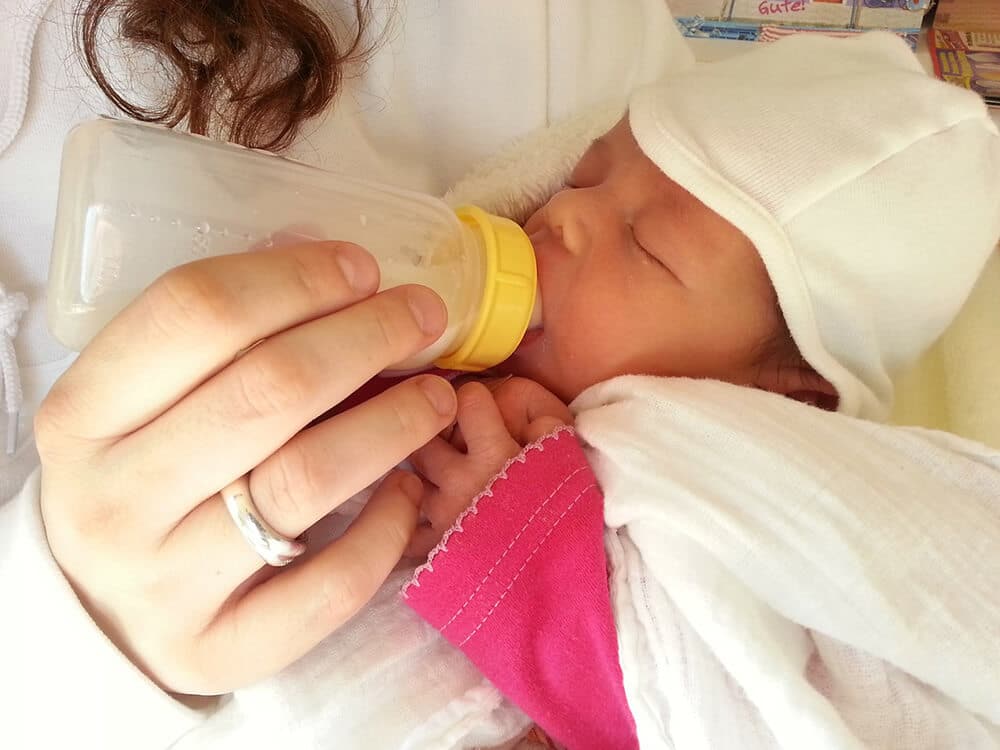The death of three infants in the neonatal intensive care unit (NICU) at the Geisinger Medical Center in Danville, PA is being linked to contaminated equipment used in measuring donor breast milk. In total, eight infants were affected. Of the five who survived, one was discharged and four remain, two of whom are still receiving treatment for infection. As a result of the fatalities, families are taking legal action against the medical facility.
The Consequences of Infected Donor Breast Milk
On November 8, Geisinger announced that its equipment contaminated donated breast milk with a bacteria called pseudomonas – which grows easily in medical equipment that isn’t cleaned properly. The first infection, however, likely developed in August. The infections and illnesses of the eight infants took place over the course of the two months after the initial infection.
Pseudomonas, as a waterborne bacteria, causes symptoms like pneumonia, fever, rashes, diarrhea, and urinary tract issues. While this bacteria is common and only poses a minor threat to healthy people, an infection can be deadly to individuals with compromised immune systems.
According to The Washington Post, one of the deaths was of five-day-old Abel Cepeda on September 30. Little did the family know, by the time Cepeda’s mother was admitted on September 18, two infants had died. Their son had been the eighth baby since the summer to get sick after bacterial exposure. At the time, a cause had not been discovered, but Geisinger staff admitted to noticing usual illnesses leading up to the weeks the hospital went public with the problem.
As of September 30, no more pseudomonas infections have emerged in the NICU at the Danville facility. On October 7, some mothers and their babies who were born less than 32 weeks to term were diverted to other facilities.
Geisinger’s Response
Geisinger worked with the state health department and the Centers for Disease Control and Prevention (CDC) to determine the sources of the infections. A spokesman for the hospital, Matthew Van Stone, said the hospital’s cleaning practices for donor breast milk measurement equipment had been in place for years without incident.
An unnamed Geisinger doctor has said that some rate of infection is standard; however, a second incident raises questions about a trend. They claimed to notice an unusual infection back in August 2019, but Van Stone maintained there was no indication of a pattern involving pseudomonas around the time of the first death.
On the same day of Cepeda’s passing, the Danville facility changed its equipment, switching to single-use materials. When the health department visited on October 18, however, the medical center was cited for its lack of written policy outlining cleaning procedures for donor breast milk equipment.
According to Geisinger vice president and chief medical officer J. Edward Hartle, the donor breast milk is safe to use at the company’s facilities and Geisinger is committed to helping the grieving families:
We would like to extend our sincere apologies to the families who have been affected by this incident. We know that the public holds us to the highest standards, and we will continue to strive to live up to those expectations as we have throughout our history, constantly improving on what we do and how we do it.
Lawsuits Against Geisinger
Cepeda’s family is currently being represented in a medical malpractice lawsuit, in addition to another family who lost one of their twins. The surviving twin remains under medical care with brain bleeding. It’s suspected the bleeding was caused or exacerbated by infection.
According to the lawsuit, Geisinger is negligent for cleaning its equipment improperly and for not taking adequate steps to save lives once it was clear there was a problem that needed to be addressed.
In the lawsuit, it’s noted that staff gave Cepeda antibiotics before his death because “they knew that they had placed [him] at a constant, heightened risk of contracting an infection every day he remained in the NICU.” It wasn’t until a week after his passing, however, that a doctor mentioned the bacteria and the two other infant deaths to his parents.
If you and your family have been affected by the negligence of a medical provider or facility, contact Shrager, Sachs, & Blanco today. We’ll help you hold the liable party accountable and seek compensation to secure your family’s future.









